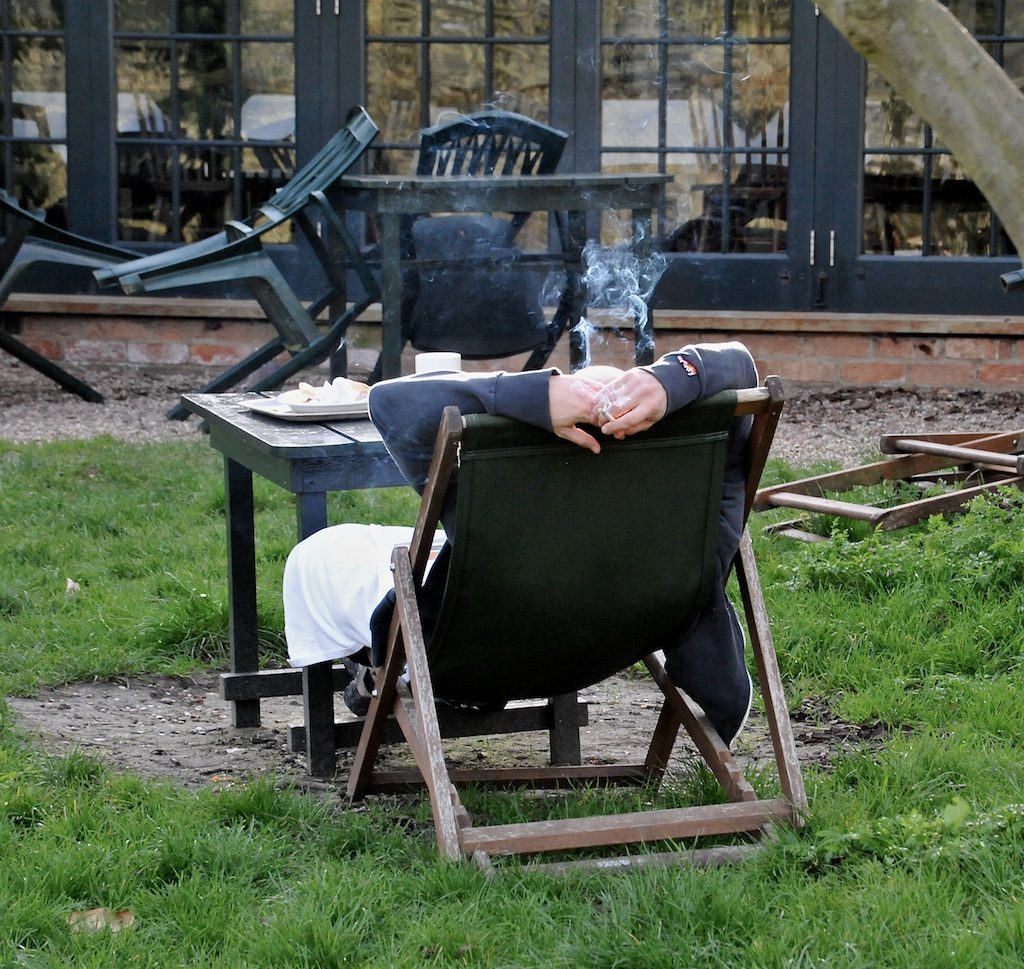The New York Times‘s scoop on Trump’s taxes is interestingly provisional. But Trump hasn’t responded. Here’s why:
All the Times has is three pages of Trump’s records from 1995. Everything else is informed speculation, extrapolation, and the word “could,” which appears again and again through the article.
Think about how dangerous that was for the paper. Trump could have released his tax returns and proven them wrong. Trump could have shown their speculation to be mere speculation, and used it as a cudgel to discredit their reporting on his campaign. The Times was far, far out on a limb.
But the Times bet correctly. Trump still isn’t releasing his returns. And here’s what that means: whatever is in his returns is worse than what the New York Times is telling the world is in his returns. The Trump campaign has decided it prefers the picture the Times is painting — a picture where Trump didn’t pay taxes for 18 years — to the picture Trump’s real records would paint.
Yep.



